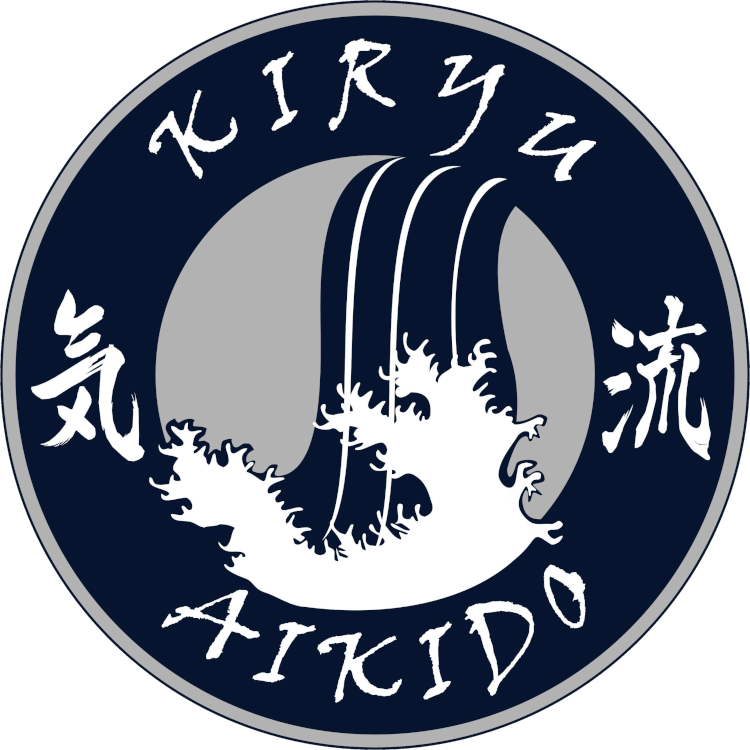Deshi is the Japanese word for “student.” But, like many concepts in Japanese martial arts, the notion of what it means to be an Aikido student goes a little deeper than it might appear on the surface.
Being a deshi means more than attending class regularly, although that is the first requirement. Without a commitment to one’s practice, the deeper benefits of training will be missed.
Once a deshi establishes a regular training practice, he or she often begins to notice things that need to be done in the dojo. This can be cleaning before and after class, dusting weapons racks, freshening flowers if the dojo keeps flowers on the kamiza, noticing visitors and asking if they have questions, folding Sensei’s hakama after class, helping a new student tie his or her belt, and so on.
The secret to becoming a true deshi, and not just a student, lies with seeing what needs to be done and then doing it, without being asked. Of course, there are things that should be confirmed before doing them – such as rearranging the dojo weapons or items on the kamiza – but in general, if something can be done to help the well-being of the dojo, take the initiative and do it.
In summary, a deshi assumes responsibility for the care and feeding of the dojo, and joyfully looks for ways to improve the space, the environment, and energy within the dojo. It’s about the honor of giving back from a place a gratitude for what the deshi is learning from their Sensei, their Sempai, and from Aikido as a whole, and it’s given from the heart without expectation of anything in return.

